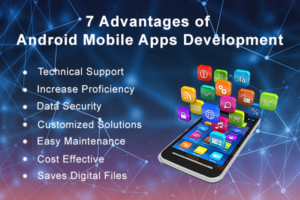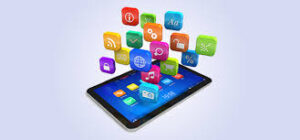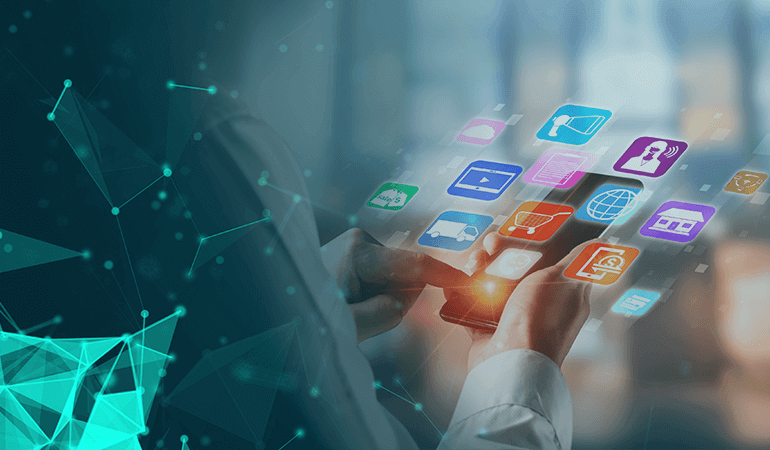Mobile software refers to applications and operating systems designed to run on mobile devices like smartphones, tablets, and smartwatches. It includes both system software (such as mobile operating systems) and application software (such as apps for gaming, communication, and productivity). With the rapid advancement of technology, mobile software has become an essential part of daily life, enabling users to perform a wide range of tasks anytime and anywhere.
Types of Mobile Software

Mobile software can be classified into the following categories:
-
Mobile Operating Systems (OS):
- These manage hardware and software interactions, providing a platform for applications.
- Examples: Android (Google), iOS (Apple), HarmonyOS (Huawei).
-
Mobile Applications (Apps):
- Software designed for specific user needs, available through app stores.
- Categories include:
-
-
- Social Media (e.g., Facebook, Instagram)
- Entertainment & Gaming (e.g., YouTube, PUBG Mobile)
- Productivity (e.g., Google Docs, Microsoft Office)
- E-commerce (e.g., Amazon, eBay)
-
-
System Utilities & Firmware:
- Low-level software that manages system performance and security updates.
- Includes device drivers, security patches, and performance optimizers
Uses and Benefits of Mobile Software

Mobile software plays a crucial role in modern life, offering solutions for communication, entertainment, business, education, healthcare, and more. It enables seamless connectivity through messaging apps like WhatsApp and video conferencing tools like Zoom, making it easier for people to stay in touch regardless of location. In the business world, mobile applications help manage tasks, schedule meetings, and collaborate on projects efficiently, increasing workplace productivity. Entertainment has also been transformed with streaming services like Netflix and Spotify, along with mobile gaming apps that provide instant amusement. Additionally, e-learning platforms such as Udemy and Khan Academy make education accessible to users worldwide, while health and fitness apps assist in tracking physical activity, diet, and overall well-being. The convenience of mobile banking and e-commerce applications further simplifies financial transactions, allowing users to shop and manage their money securely from anywhere.
The benefits of mobile software are vast, significantly enhancing daily life by offering convenience, efficiency, and accessibility. One of its biggest advantages is the ability to perform tasks anytime and anywhere, reducing dependency on traditional computers. It also fosters instant and efficient communication, connecting people across the globe with just a few taps. Productivity is improved as users can organize work, access cloud storage, and automate routine tasks. Moreover, mobile software has revolutionized industries such as healthcare by enabling telemedicine, remote consultations, and health monitoring. Security features like biometric authentication and data encryption further ensure user privacy and protection. As technology advances, mobile software continues to evolve, integrating artificial intelligence, augmented reality, and improved security measures, making it an essential part of everyday life.

Conclusion
Mobile software has revolutionized how people interact with technology, making life easier, more efficient, and more connected. As technology advances, mobile software will continue to evolve, integrating artificial intelligence, augmented reality, and enhanced security features to meet future demands.
